Traditional 25 year term mortgages are generally available to 75% LTV (loan to value). In some cases, even 80% and 85% LTV is possible. A common misconception is that the same rules apply for HMO development finance however, this is not usually the case.
The key factor is that all mortgage lenders seek ways to minimize risk. They look at the worst-case scenario, ‘what if’.
The perceived risk on a 25-year term mortgage is considered lower than the risk on a conversion or development project basically because on the latter, there is more that can go wrong. Developments that incur issues in turn can affect whether the lender gets their money back on time or not.
What this means is, that whilst the headline HMO development finance LTV advertised may well be 70% to 75% this is a gross amount and most lenders want to limit their risk by deducting their costs upfront.
The types of costs that can be deducted from the gross loan are:
Initial set-up fee
Interest over the term of the loan
Title insurance
Admin or legal fees

What this means for investors is that the net loan (cash in hand) towards the initial purchase phase of a development property is usually 60% to 65%. As such investors should be prepared to have a minimum cash deposit of 35% to 40%
towards the property purchase.
Looking at the development phase, where the deals stack up well we will normally fund 100% of the cost of works. As such investors do not normally need to pay for development costs directly.
Development funds are released in drawdown stages by the mortgage lender. If the on-site trades are paid upon invoice this would require the investor to have a cashflow slush fund to pay the trades and then recoup from the lender when the drawdown is agreed. Where a good relationship exists with the on-site trades payment in arrears can be agreed, and this negates the need to have additional slush funds.
Navigating the costs of a development project can be more complicated than a conventional mortgage and it is always a good idea to consult a finance partner in the early stages to ensure you have a good understanding of the numbers involved.





